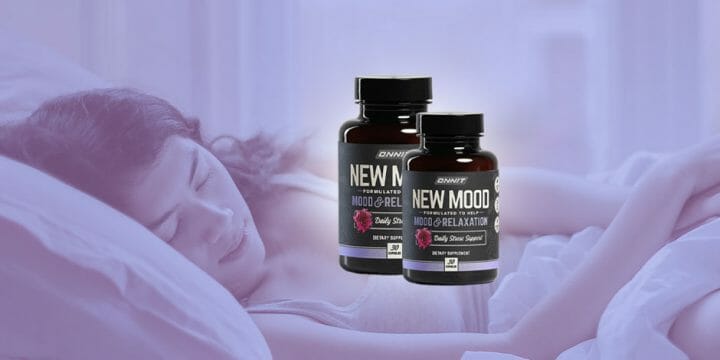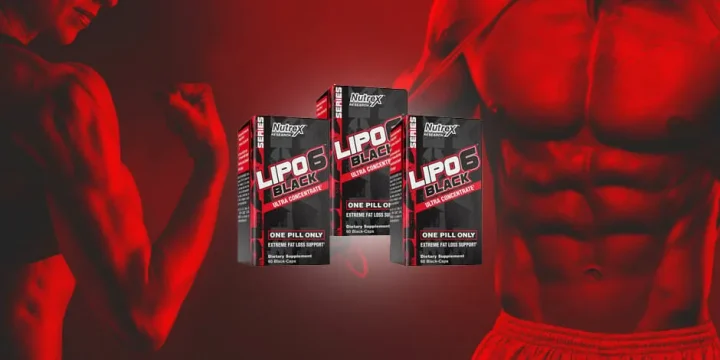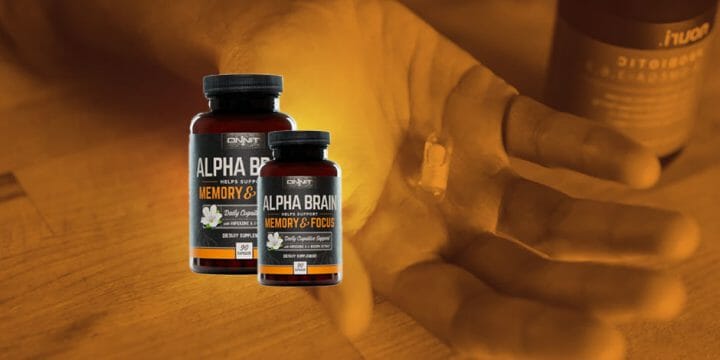Rhodiola Rosea is a high-altitude plant that is commonly used in dietary supplements and nootropics for improved mood and mental stamina.
However, my nutritionist recently highlighted a few side effects associated with the bioactive compound in Rhodiola Crenulata and Rhodiola Algida.
So, as a medical doctor, my team and I decided to research the available scientific literature and studies to see what you might need to look out for.
It turns out that while it’s generally safe to take, there are some adverse interactions with certain medications to be aware of.
Quick Summary
- Rhodiola Rosea, commonly used for mood and mental stamina enhancement, may cause side effects like drowsiness and low blood pressure, particularly when interacting with certain medications.
- Side effects are predominantly observed when Rhodiola Rosea is taken alongside mental health medications, necessitating caution and consultation with healthcare providers.
- Adults typically take 100-300 mg of Rhodiola Rosea daily, proven safe for 6-12 weeks, though long-term impact is unknown.
- Personally, I find Rhodiola Rosea to be an effective natural supplement for stress management, but it's essential to be mindful of its interactions with other medications.
Does Rhodiola Rosea Extract Have Side Effects?
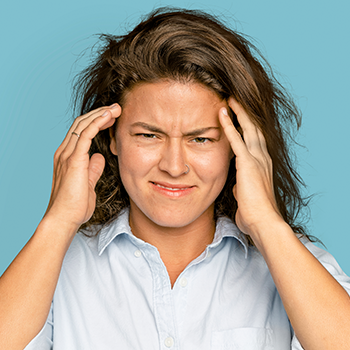
Yes, Rhodiola Rosea may have side effects, including drowsiness and low blood pressure. These are primarily due to interactions with medications.
These effects mostly happen due to medical drug interactions. This plant extract is also sometimes listed as golden root, rose root, or arctic root.
You’ll find it in different supplements for exercise performance and nootropics for cognitive function and even mild to moderate depression.
What Does Rhodiola Do to the Body?
Rhodiola Rosea can have physical and mental performance effects on the body, and you’ll find it in workout supplements and nootropics [1].
According to the National Library of Medicine, it has been used for centuries in traditional medicine, but modern scientific studies have also shown some interesting effects on the brain [2]. It's been revered in traditional medicine systems across Europe, Asia, and Russia, used for enhancing stamina and reducing stress.
The possible plant adaptogen can have an effect on monoamines and opioid peptides.
And these can have a positive effect on mood, stress, and physical and mental fatigue. However, what’s important to understand is that it can interact with medication for mental health.
“Rhodiola Rosea has been classified by some researchers as an adaptogen. Adaptogens are plants that help make the body less prone to physical and emotional stress.”
- Elena Klimenko, MD at VeryWellMind.com
4 Adverse Reactions to Watch Out For
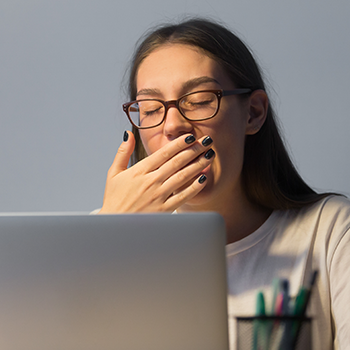
My nutritionist highlighted that on its own, Rhodiola is generally classed as safe to take with limited to no negative effects [3].
Individuals on medication for anxiety or depression should note possible side effects.
And it’s vital to talk to your doctor before being exposed to the bioactive compounds of Rhodiola.
1. Drowsiness
The National Library of Medicine explains that people who take benzodiazepine for major depressive disorder could experience drowsiness as an interaction with Rhodiola [4].
And that can significantly counteract the benefits of health-related use.
2. Heart Rate
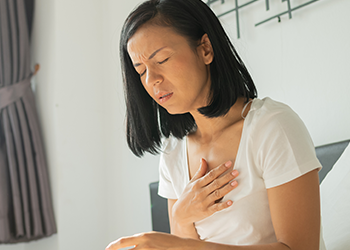
CalmClinic provided evidence that shows that it can impact your heart rate [5].
While maintaining a lower heart rate during and after exercise can be a positive sign, even moderate doses could cause an interaction with other cardiac-related medication.
3. Low Blood Pressure
A systematic review of studies on Rhodiola also highlighted that it could lower blood pressure.
The Library also mentions that for people with high BP, that can be one of the important benefits of Rhodiola, but if you have low BP, then be careful with this ingredient [6].
4. Dry Mouth
This seems to be a less common effect you might experience with a Rhodiola supplement, and I couldn’t find clear scientific study results on this.
However, my nutritionist highlighted that she had encountered a few people who said they seemed to have less saliva production.
This could also interact with similar supplements, as Rhodiola is often combined in a larger formula of herbs, vitamins, and amino acids.
Is There a Safe Dosage?
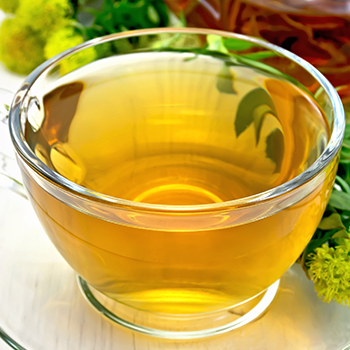
Rhodiola Rosea has a safe dosage range of 50 mg to 600 mg per day [7]. This is based on studies that have involved Rhodiola extracts, with an acute dose being used for up to 12 weeks.
As with all herbal supplements, there is no official requirement to prove efficacy over a specific minimum and maximum time period. But if you stick with that range, you shouldn’t have any major issues.
There's a lack of clinical trials guiding Rhodiola dosage with mental health medications. This is one area where more research is needed.
Who Should Not Take Rhodiola Rosea Root Extract?
You shouldn't take Rhodiola Rosea if you're taking antidepressants, anti-anxiety drugs, heart medications, or have significant immune system problems.
It doesn’t mean that it’s not going to be suitable, but you need to make sure that you won’t have adverse reactions.
And your doctor also needs to know that you’re taking all-natural nootropics or medicines in the form of a standardized extract that might make them adjust your drug dosage.
Related Articles:
FAQs
Is Rhodiola Rosea FDA Approved?
No, Rhodiola Rosea isn’t FDA-approved, but it also doesn’t require approval as a dietary supplement. At the same time, it’s classed as generally safe to take with limited known allergic reactions that could cause issues.
Is It OK to Take Rhodiola Every Day?
Yes, it’s OK to take Rhodiola extract every day, and many people do so for mental and athletic performance benefits. There are some negative effects of Rhodiola and other symptoms to watch out for, but they typically involve interactions with prescription medication.
References:
- https://www.verywellmind.com/how-is-rhodiola-rosea-used-to-treat-anxiety-3024972#toc-possible-side-effects-of-rhodiola
- https://pubmed.ncbi.nlm.nih.gov/11410073/
- https://www.webmd.com/vitamins/ai/ingredientmono-883/rhodiola
- https://www.ncbi.nlm.nih.gov/pmc/articles/PMC9220793/
- https://www.calmclinic.com/supplements-for-anxiety/rhodiola-rosea
- https://pubmed.ncbi.nlm.nih.gov/23192943/
- https://examine.com/supplements/rhodiola-rosea/
About The Author
You May Also Like

